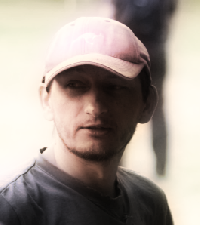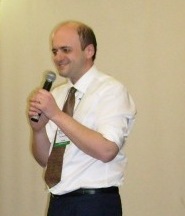I have just read Yves Champollion's article. Very interesting, and a yellow light in front of us, freelancers.
I just want to comment the last paragraph of the article:
... if we stop dreaming of man re-creating man through science, and take our expectations to a reasonable level—can a machine actually perform some human tasks with reasonable accuracy, the answer is an obvious yes, and the time it will happen is soon. A decent MT machine is just around the corner. The computer computes chess, while Kasparov plays chess. A computer will never understand, but it can translate, at least to some extent. And, since translation without understanding is meaningless, the future of the human translator is proof-sensing what a machine has pre-translated.
If history proves Champollion to be right, then "proof-sensing" will be a new activity. Necessarily different from translation and proofreading. Because the usual way "one person translates, another person proofreads" would be substituted by a new scheme "a machine translates, then a person proofsenses".
The "proofsenser" will be:
1) an expert in machine translation: know in detail what the machine can translate and what it cannot,
2) an experienced translator AND proofreader.
Point 1 will be feasible, just like today we learn to use a CAT tool.
But point 2... will require translators with ACTUAL experience as such, and proofreaders with ACTUAL experience as such, in order to achieve valuable "proofsensers". Skills cost resources and money. In short: human sensibility will have a high market price. Ugly as it may sound, so will it be in such a scenario.
If conventional translators/proofreaders start to be scarce, then their rates will get higher - and the scheme "machine translation + proofsensing" will not be that convenient from the economical point of view. Which in turn, will challenge that eventual new scheme "a machine translates, a person proofsenses".
[Edited at 2008-01-05 11:38]





